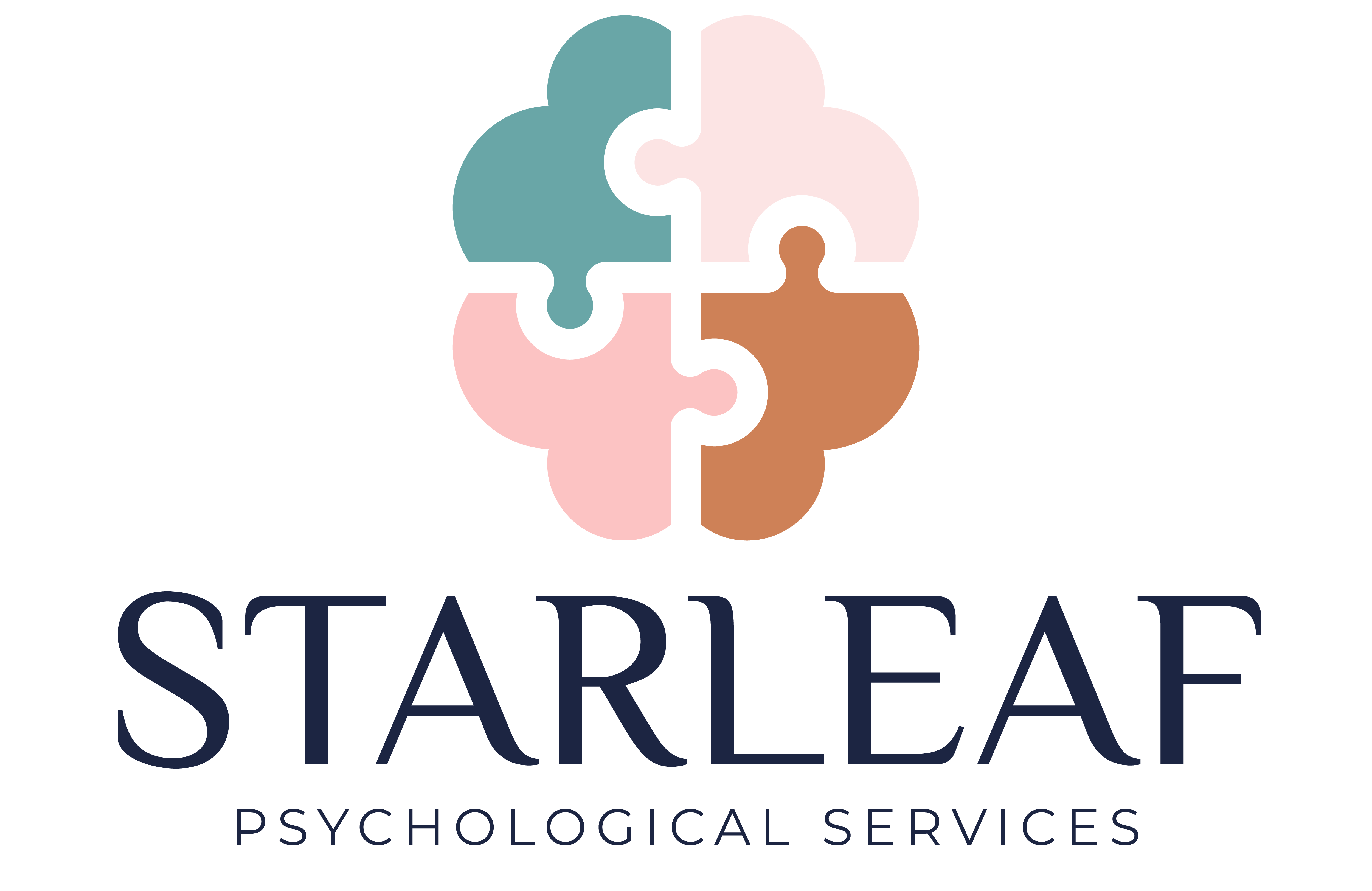
Individualized Education Programs (IEPs)

Individualized Education Programs (IEPs)
IEP Support and Guidance for Families and Professionals
At Starleaf Psychological Services, located in Pasadena and serving families and professionals throughout Los Angeles County, Dr. Jade Starleaf provides support and guidance related to Individualized Education Programs (IEPs). With extensive experience in working with children and adolescents with neurodevelopmental and learning differences, Dr. Starleaf understands the critical role of IEPs in ensuring appropriate educational support and services.
An IEP is a legally binding document created for public school children who are eligible for special education services. It outlines a child’s unique learning needs, specific educational goals, and the services and accommodations the school will provide to help them succeed. Dr. Starleaf can assist families in understanding the IEP process, interpreting assessment results, advocating for their child’s needs, and collaborating effectively with school teams. For referring professionals, Dr. Starleaf can provide insights from psychological evaluations that contribute to the development of comprehensive and effective IEPs.
How Dr. Jade Starleaf Supports IEP Processes:
Dr. Starleaf offers various services related to IEPs, including:
- Interpretation of Assessment Results: Providing clear and understandable explanations of psychological and neuropsychological evaluation findings relevant to a child's educational needs.
- Identifying Educational Needs and Goals: Translating assessment results into specific, measurable, achievable, relevant, and time-bound (SMART) educational goals for the IEP.
- Recommending Appropriate Accommodations and Modifications: Suggesting evidence-based accommodations and modifications to the curriculum, instruction, and assessment methods to support the student's learning.
- Understanding Special Education Eligibility: Providing information regarding the criteria for special education eligibility based on psychological evaluations.
- Guidance for Parents: Empowering parents to understand their rights and responsibilities in the IEP process and effectively advocate for their child's needs.
- Collaboration with School Teams: Offering consultation and collaboration with school psychologists, special education teachers, and other IEP team members to ensure a comprehensive and effective plan.
- Support for Twice Exceptional (2E) Students: Identifying and addressing the unique educational needs of gifted students with co-occurring learning or developmental challenges within the IEP framework.

How Dr. Jade Starleaf Supports IEP Processes:
Dr. Starleaf offers various services related to IEPs, including:
- Interpretation of Assessment Results: Providing clear and understandable explanations of psychological and neuropsychological evaluation findings relevant to a child's educational needs.
- Identifying Educational Needs and Goals: Translating assessment results into specific, measurable, achievable, relevant, and time-bound (SMART) educational goals for the IEP.
- Recommending Appropriate Accommodations and Modifications: Suggesting evidence-based accommodations and modifications to the curriculum, instruction, and assessment methods to support the student's learning.
- Understanding Special Education Eligibility: Providing information regarding the criteria for special education eligibility based on psychological evaluations.
- Guidance for Parents: Empowering parents to understand their rights and responsibilities in the IEP process and effectively advocate for their child's needs.
- Collaboration with School Teams: Offering consultation and collaboration with school psychologists, special education teachers, and other IEP team members to ensure a comprehensive and effective plan.
- Support for Twice Exceptional (2E) Students: Identifying and addressing the unique educational needs of gifted students with co-occurring learning or developmental challenges within the IEP framework.

Key Components of an IEP:
- Present Levels of Academic Achievement and Functional Performance (PLAAFP): Understanding the student’s current strengths and weaknesses in academic and functional areas.
- Measurable Annual Goals: Developing specific and measurable goals that the student is expected to achieve within a year.
- Special Education and Related Services: Identifying the necessary supports and services, such as speech therapy, occupational therapy, counseling, and specialized instruction.
- Accommodations and Modifications: Understanding the adjustments to the learning environment, curriculum, or assessments that will enable the student to access and progress in their education.
- Participation in State and District-Wide Assessments: Determining appropriate accommodations or alternative assessments.
- Transition Planning (for older students): Preparing for the student’s transition to post-secondary education, employment, and independent living.
Frequently Asked Questions (FAQs)
What is the purpose of an IEP?
The purpose of an IEP is to ensure that children with disabilities receive a free and appropriate public education (FAPE) that is tailored to their unique needs and helps them make progress in the general education curriculum.
Who is involved in developing an IEP?
The IEP team typically includes the student (when appropriate), parents or guardians, general education teachers, special education teachers, a school psychologist or other specialist who conducted the evaluation, and representatives from the school district.
What is the difference between accommodations and modifications in an IEP
Accommodations are changes to how a student learns, without changing what they learn (e.g., extended time on tests, preferential seating). Modifications are changes to what a student is expected to learn (e.g., reduced assignments, alternative curriculum).
How often is an IEP reviewed and updated?
IEPs are reviewed at least once a year, and can be reviewed more frequently if needed, to assess the student’s progress and make necessary adjustments.
What can I do if I disagree with the school's proposed IEP?
Parents have the right to disagree with the school’s proposed IEP and can pursue various options, including requesting mediation, filing a complaint with the state education agency, or requesting a due process hearing. Dr. Starleaf can provide guidance on these processes.
Ready to get started?
If you are a parent or referring professional in the Pasadena or Los Angeles County area seeking assistance in understanding the IEP process, interpreting assessment results for IEP development, or advocating for a student’s educational needs, Dr. Jade Starleaf at Starleaf Psychological Services can provide valuable support and guidance. Schedule a consultation today to discuss how we can help.


